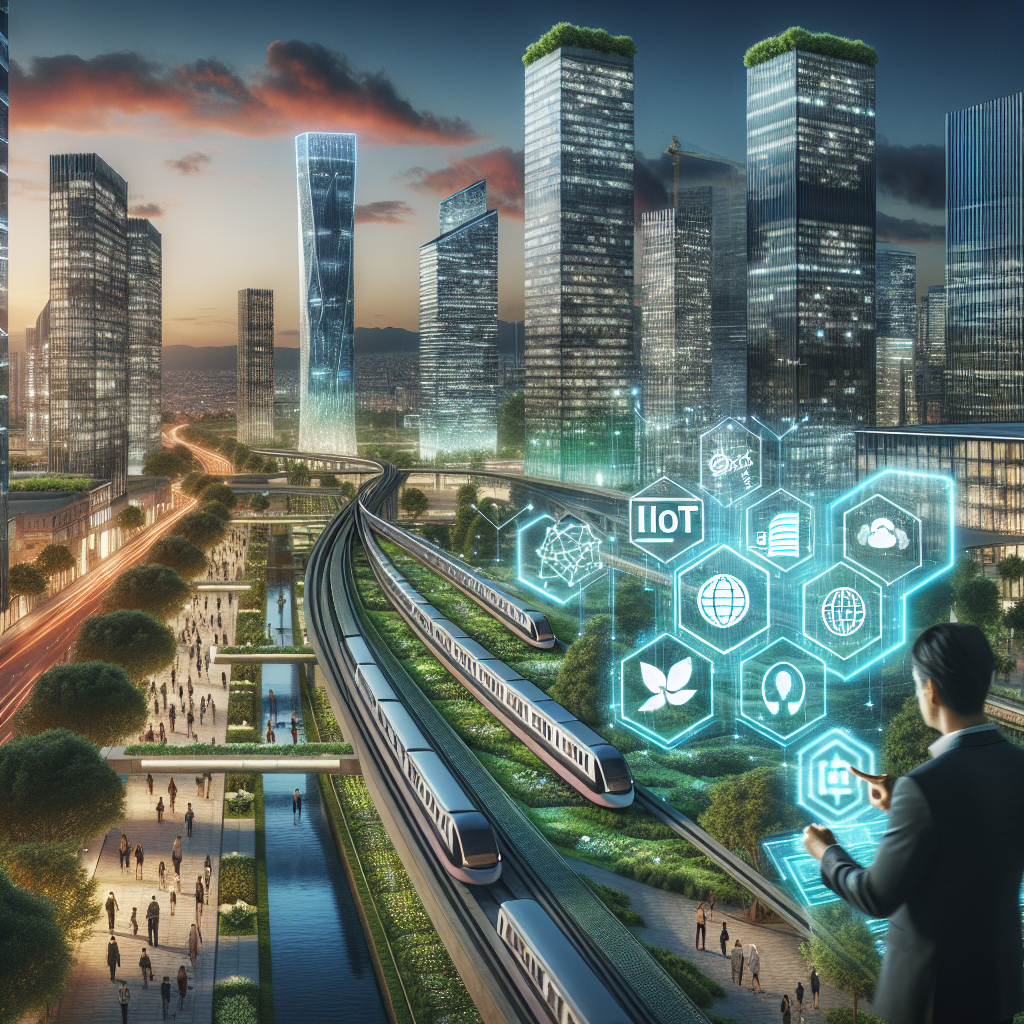Urban planning is constantly evolving to meet the changing needs of cities in the digital age. With rapid urbanization and technological advancements, cities are facing new challenges that require innovative approaches to effectively plan for the future. In response to these challenges, urban planning professionals are adopting new tools and techniques to create sustainable, efficient, and inclusive urban environments.
One of the key innovative approaches to urban planning in the digital age is the use of data analytics and geospatial technology. By harnessing the power of big data and geographic information systems (GIS), urban planners are able to make more informed decisions about land use, transportation, and infrastructure development. This allows for more efficient use of resources and better allocation of services to meet the needs of residents.
Another innovative approach to urban planning in the digital age is the use of virtual reality and augmented reality technology. These tools allow planners to create realistic visualizations of proposed projects, giving stakeholders a better understanding of how the development will impact the urban landscape. This can help to foster community engagement and collaboration in the planning process, leading to more successful and sustainable outcomes.
In addition, the concept of smart cities is revolutionizing urban planning in the digital age. Smart cities leverage technology to improve the quality of life for residents by optimizing infrastructure, services, and communication systems. This can include the integration of sensors for traffic management, energy efficiency, and public safety, as well as the implementation of smart grid systems for more sustainable energy consumption.
Furthermore, the concept of mixed-use development is gaining traction as an innovative approach to urban planning in the digital age. By combining residential, commercial, and recreational spaces within the same area, cities can create vibrant and walkable neighborhoods that promote social interaction and economic growth. This can help to reduce traffic congestion, improve air quality, and enhance overall quality of life for residents.
Another innovative approach to urban planning in the digital age is the focus on sustainability and resilience. With the increasing threat of climate change and natural disasters, cities are recognizing the importance of incorporating green infrastructure, renewable energy sources, and resilient design principles into their planning processes. This can help to mitigate the impacts of environmental challenges and create more livable and adaptable urban environments.
Overall, innovative approaches to urban planning in the digital age are transforming cities in profound ways. By embracing new technologies, design strategies, and collaborative processes, urban planners are able to create more efficient, sustainable, and inclusive urban environments that meet the needs of residents now and in the future. As cities continue to evolve and grow, it is imperative that urban planning professionals continue to explore and implement innovative approaches to ensure the success and wellbeing of urban communities.




